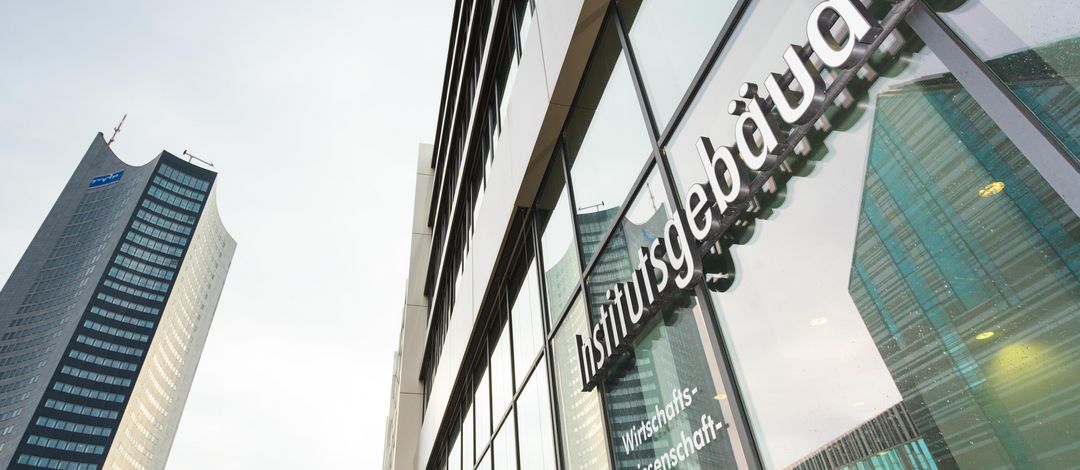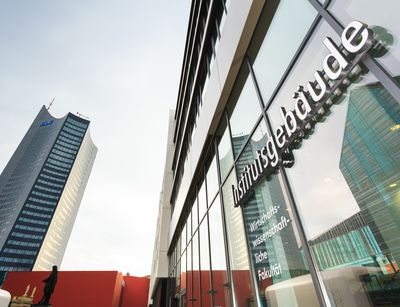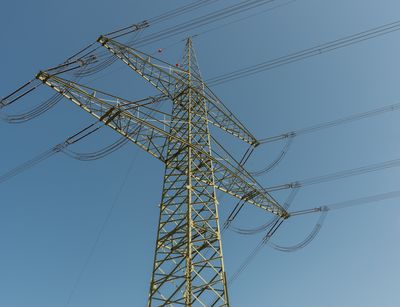Institute
Research Focus
Degree programmes
Donors
The Chair of Bioenergy Systems was endowed by the DBFZ (Deutsches Biomasseforschungszentrum) together with the Helmholz-Center for Environmental Research GmbH (UFZ). The holder of the professorship is Prof. Dr.-Ing. Daniela Thrän, who is also Head of the Bioenergy Systems Department at the DBFZ and Head of the Bioenergy Department at the UFZ.
The Chair of Environmental Technologies and Management was endowed by the DBU (Deutsche Bundesstiftung Umwelt). The first holder was Prof. Dr.-Ing. Robert Holländer in 2001, who retired in March 2019. The professorship will be advertised again.
The Chair of Biodiversity Economics was funded by the DFG (Deutsche Forschungsgemeinschaft) in cooperation with the German Centre for Integrative Biodiversity Research (iDiv) and the Helmholtz-Center for Environmental Research GmbH (UFZ). Prof. Dr. Martin Quaas holds the professorship and is also research group leader at the iDiv.
The professorship in Biodiversity Economics was funded by the DFG (Deutsche Forschungsmeieinschaft) in cooperation with the German Centre for Integrative Biodiversity Research (iDiv) and the Helmholtz-Center for Environmental Research GmbH (UFZ). Prof. Dr. Martin Quaas holds the professorship and is also research group leader at the iDiv.
The first professorship endowed by the Helmholz-Center for Environmental Research GmbH (UFZ) was the Professorship of Economics, in particular Institutional Environmental Economics, whose holder, Prof. Dr. Erik Gawel, is also Head of the Department of Economics at the UFZ.
The Chair of Bioenergy Systems was endowed by the Helmholz-Centre for Environmental Research GmbH (UFZ) together with the DBFZ (Deutsches Biomasseforschungszentrum). The holder of the professorship is Prof. Dr.-Ing. Daniela Thrän, who is also Head of the Department of Bioenergy at the UFZ and Head of the Bioenergy Systems Division at the DBFZ.
The Chair of Energy Management and Sustainability was established in 2008 by the Stifterverband and Vattenfall Europe GmbH. The holder of the professorship is Prof. Dr. Thomas Bruckner.
The Chair of Energy Management and Sustainability was established in 2008 by Vattenfall Europe GmbH and the Stifterverband. The holder of the professorship is Prof. Dr. Thomas Bruckner.











